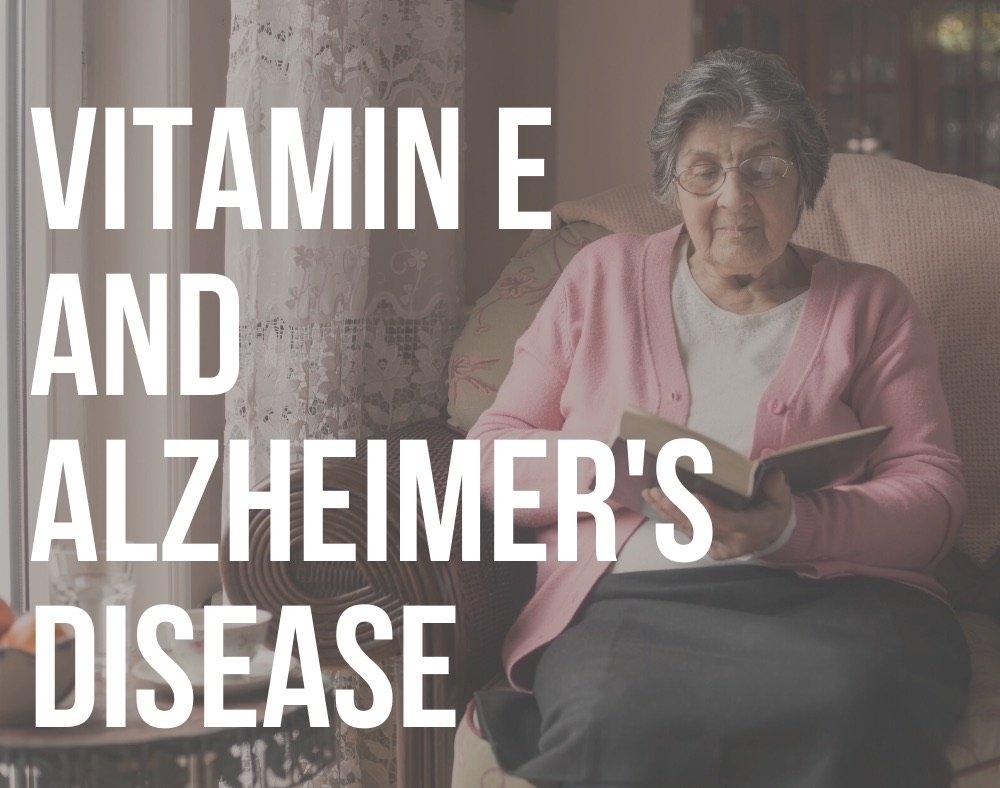There is a need to have a conversation about the loss of smell and dementia.
This is after several studies suggest that a poor sense of smell, especially in old age, may be a warning sign for dementia.
In the past, experts linked the inability to identify certain smells to untimely deaths.
In a new study, researchers now claim that individuals who cannot name at least four out of five common fragrances are at risk of developing dementia in five years.
Why make this conclusion.
Find out more about the study below.
Contents
Loss Of Smell can be a Sign of Dementia
To begin with, it is vital to point out that the study on loss of smell and dementia had three thousand adult participants aged 57-85.

The five scents experts used for the study are:
- Leather
- Peppermint
- Rose
- Orange
- Fish
At the begging of the study, 78% of persons tested had a normal sense of smell because they could name at least four of all the five scents.
14% were only able to identify three smells while 5% could name two. 2% of that population were able to identify a single smell, and 1% could not tell any scent from the list above.
Results of the Study

The study to determine the relationship between loss of smell and dementia was conducted over five years.
After this period, the researchers found out that almost everyone who could not identify a scent was diagnosed with dementia.
This was the case for the participants who could only identify one or two smells because almost 80% also developed dementia.
Take-Home from the Study

Based on the results of the study, Jayant M. Pinto otolaryngologist and the lead author of the study deduced that sense of smell has a close connection to how the brain functions and overall health.
She continued to state that it is not only smell ability but the overall sensory function that may be a significant warning sign for persons who are at greater risk of developing dementia.
Pinto also added that it is vital to understand the basic principles so that the team can have a more in-depth insight into the disease to perhaps develop new preventative measures as well as treatments for loss of smell and dementia.
Related Studies

After the above study was conducted, more researchers gained an interest in the topic. An example of this is a study by researchers from Stockholm University.
The experts looked into a person’s sense of smell in association with the inability to identify odors and the increased risk of early deaths.
The study involved persons aged 40-90 for ten years.
They uncovered that those who lost their sense of smell had a higher risk of early death as compared to those with a normal sense of smell.
Mayo Clinic’s Rosebud Roberts and a team of researchers also conducted a study to assess the sense of smell of 1,430 persons without any cognitive disorders.
The study ran from 2004 to 2010 with participants getting clinical evaluations after 15 months. The professionals used six food-related smells and the same number of non-food related odors.
These included turpentine, soap, smoke, paint thinner, gasoline, rose, pineapple, lemon, onion, cinnamon, banana, and chocolate.
After about three and a half years, it was evident that people whose smelling ability decreased were also having trouble with their thinking capacity.
Many persons with dementia usually have problems with thinking.
How Loss of Sense of Smell can lead to Dementia Development

The smell ranks amongst the most primitive human senses.
Loss of this sense can negatively affect an individual’s lifestyle, wellbeing, mental health, and nutrition.
The inability to smell is also associated with depression because affected people do not get to enjoy life as much.
Persons with an inability to smell face challenges every day. These are individuals who cannot detect smoke in the event of a fire.
Assess whether they need to jump into the shower after a long day. Or even tell whether food is spoilt, etc.
As a person loses their sense of smell, experts reckon that it also affects the brain’s ability to rebuild some key components that decline naturally with age.
This according to Professor Martha McClintock results in the pathological changes that people with different types of dementias experience.
Recommended Solutions

There is still a need for more research on the loss of smell and dementia.
While it is common for persons with dementia to experience loss of smell, there are some solutions that seniors can work with to help reduce this and increase the quality of life.
One of the ways is through smell training.
This is where experts expose individuals to a wide range of odors so that the brain can have more records of these smells.
This happens continually for a minimum of three years. It has been known to enhance the memory of odors and to a lesser extent.
It has also been associated with bettering other cognitive abilities.
Closing Thoughts
At this point, it is not enough to conduct a simple smell test as a means of identifying the risk of dementia. However, there is also a somewhat successful study about the peanut butter test, which you should also investigate.
With time, however, things might change after more conclusive research has been conducted. Who knows, this may be a breakthrough in regards to preventing and curing dementia.







